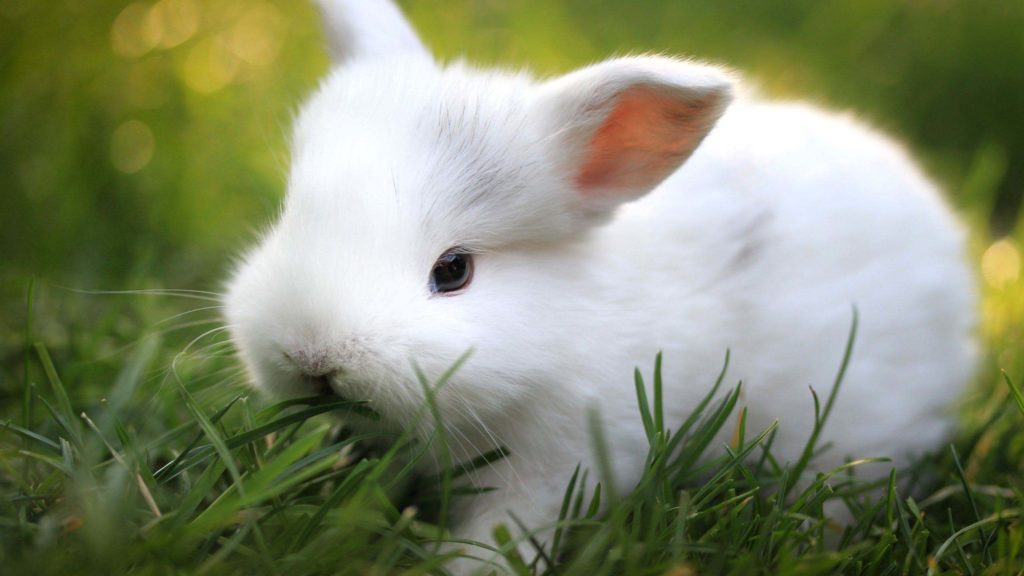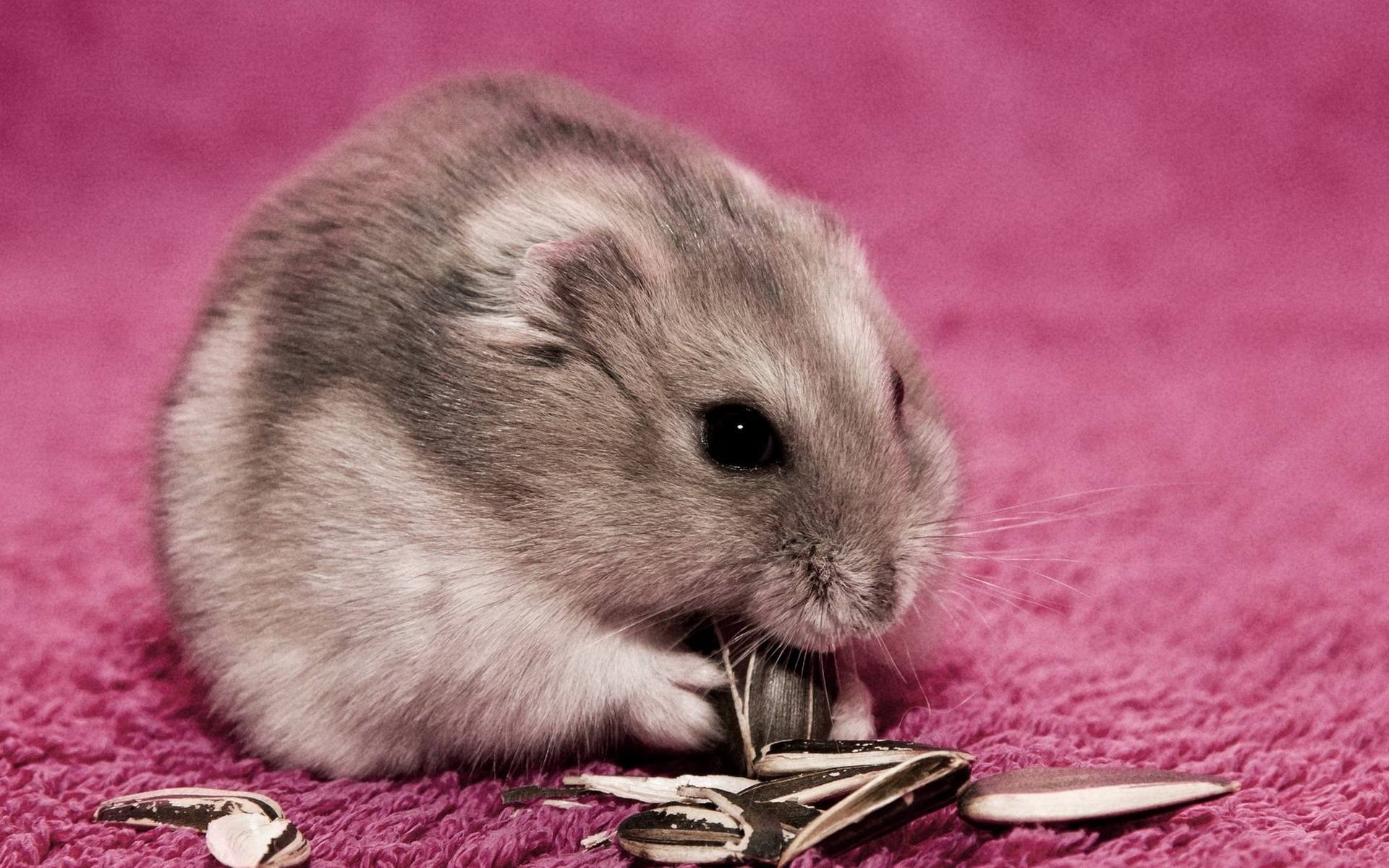Best Rabbit Food Nutrition Vitamins Details Guide-What can bunnies eat and not eat?
Pet Rabbits are descended from the European wild rabbit, Oryctolagus cuniculus. There are well over 50 breeds, including giant, medium, and dwarf breeds. Rabbits are classified as lagomorphs, not rodents, because of the presence of an extra set of upper incisors called “peg” teeth. Both the incisors and molars continue to grow throughout a rabbit’s life. Rabbits are herbivores and feed continuously. In the wild, rabbits eat grasses primarily. Digestion in rabbits occurs primarily in the hindgut (cecum), and this high fiber grass maintains normal gastrointestinal activity and fermentation. It is normal for rabbits to eat their “soft” stools (cecotropes) during the night. These re-ingested fecal pellets provide important proteins and vitamins.

Nutrition
Recommended daily diet (for each 5 pounds of body weight)
• Unlimited Grass Hay (timothy, orchard grass, Bermuda grass)
• Alfalfa hay is NOT recommended for adult house rabbits as it is too high in calcium and
calories.
• Alfalfa hay can be offered as a daily choice to young rabbits.
• Trusted brands of hay include Oxbow and Farmer Dave’s Pet Supply, among others.
• Ideally, adult rabbits should eat 1st cut hays, as they are higher in fiber.
• Leafy Greens and Vegetables (1-4 cups daily)
• Feed low-calcium veggies such as romaine lettuce, red and green leaf lettuces, beet greens,large carrot pieces and carrot tops, endive, green peppers, raspberry leaves, pea pods (notthe peas), squash and radicchio.
• Avoid or feed only limited amounts of high calcium vegetables such as kale, dandelion,collards, turnips, parsley, and basil.
• Limit high sugar foods such as baby carrots.
• High Fiber Pellets
• Give 1/4C- 1/2C maximum per day of a Timothy-based pellet for adult rabbits.
• Recommended brands include Oxbow and Supreme Select.
• Young rabbits should be fed an alfalfa-based pellet until 6-8 months of age.
• Limited Fruits
• If not overweight, a very small amount of low-sugar fruit is OK, totaling no more than 1-2
teaspoons daily, including melon, raspberry, papaya, blueberry,blackberry, strawberry, and pineapple.
• Avoid sugary fruits such as banana and grapes.
• NO High Fat or Carbohydrate Treats
• Do not feed cereals, breads, oats, corn, seeds, nuts, or rabbit treats with sugar or corn syrup in them.

Shopping for Rabbit food can be a challenge because there are so many options to choose from. Unless you have a thorough understanding of your Rabbit’s nutritional needs and knowledge of how to read a pet food label, you might find the task a bit overwhelming. You’ll be glad to know, then, that we’ve done the hard work for you. We’ve scoured the reviews and taken a deeper look into the best pet food brands on the market to bring you our top five picks for high-quality Rabbit food brands.

- Timothy Hay-Based, Optimum Protein Level, Ideal Diet For Adult Rabbits, Recommended By Veterinarians
- Timothy Hay = Essential Fiber, Soy Products = Fiber, Balanced Protein, Healthy Fat, Wheat = Ideal Carbohydrate And Energy Source
2. SCIENCE Selective Supreme Junior Rabbit Food

- High fiber – 19%
- Zero added sugar
- Rich in natural ingredients
- Prevents selective feeding
- Balanced diet
3. Supreme Science Selective 4+ Mature Rabbit Food

- A Nutritionally Balanced, High Fiber Food For Rabbits 4+ Years Old
- Promotes Wellbeing And Vitality
- Highly Palatable With Timothy Hay And Herbs
- Promotes Healthy Digestion
- Naturally Great Taste And Satisfaction
4. Oxbow Animal Health Bunny Basics Essentials Adult Rabbit Pet Food

- Timothy Hay-Based, Optimum Protein Level, Ideal Diet For Adult Rabbits, Recommended By Veterinarians
- Timothy Hay = Essential Fiber, Soy Products = Fiber, Balanced Protein, Healthy Fat, Wheat = Ideal Carbohydrate And Energy Source
5. Oxbow Garden Select Fortified Food for Rabbits

- Non-GMO formula
- Features three varieties of grass hay to support variety & meal enrichment
- Contains unique, high-quality garden ingredients that mimic those found in your pet’s natural foraging environment
- Uniform, complete, balanced formula
75 Things Rabbits Can Eat
Providing rabbits healthy snacks and nutrient rich supplements can often be accomplished by growing your own rabbit colony treats, and giving the meat animals fresh scraps from your garden or kitchen.
| Carrots – limited due to high sugar content | Carrot Greens – can be fed often |
| Lettuce – all varieties | Basil |
| Turnips | Turnip Greens |
| Oregano | Thyme |
| Rosemary | Broccoli |
| Bok Choy | Celery |
| Clover – all varieties | Collard Greens |
| Swiss Chard | Dill |
| Cilantro | Watercress |
| Dandelions | Plantain |
| Mullein | Amaranth |
| Endive | Jerusalem Artichokes |
| Kale – only in small amounts on a weekly basis | Mint |
| Bananas | Strawberries |
| Blackberries | Black Raspberries |
| Raspberries | Apples – remove the seeds |
| Raisins – limited amounts | Blueberries – limited amounts |
| Radishes | Bell Peppers |
| Cherries – not pits | Peaches |
| Kiwis | Pineapple – dried recommended |
| Mangos | Bananas |
| Watermelon | Cantaloupe |
| Pumpkin – no seeds | Mustard Greens |
| Sprouts | Arugula |
| Wheat Grass | Chicory |
| Roses | Fennel |
| Borage | Pansies |
| Yu Choy | Brussels Sprouts |
| Hibiscus | Nasturtiums |
| Summer Squash | Winter Squash |
| Zucchini | Cabbage – in limited amounts |
| Parsley | Papaya |
| Star Fruit | Apricots |
| Nectarines | Currants |
| Plums – pitted | Chicory |
| Parsley | Grapes – in limited amounts |
| Sage | Echinacea |
| Calendula |
45 Things Rabbits Can Never Eat
Do not ever feed the rabbits on your homestead any of the following treats. Each item on this list can make your rabbit sick, or could be fatal if ingested.
| Parsnips | Nightshade |
| Millet | Rhubarb |
| Chocolate | Coffee |
| Tomatoes and Tomato Plants Leaves | Mangos |
| Caffeine | Onions |
| Almonds | Chives |
| Garlic | Nuts |
| Dairy Products | Avocadoes |
| Bread | Meat |
| Buttercups | Comfrey |
| Foxgloves | Poppies |
| Larkspur | Holly |
| Yew – all varieties | Privet |
| Ivy – nearly all varieties | Bryony |
| Arum | Henbane |
| Hedge Garlic | Mayapples |
| Milkweed | Poison Hemlock |
| Ragwort | Spurge |
| Tree Lupin | Corncockle |
| Celandine | Fool’s Parsley |
| Wood Sorrel | Cowslip |
| Cow’s Parsley | Dock |
| Traveller’s Joy |
Foods that have a high percentage of carbohydrates should also be limited or avoided entirely. Carbohydrate rich foods are substantially hard for a rabbit to digest – and may cause fermentation inside the stomach just like foods with a high refined sugar ratio.
Although not toxic, it is best not to give or give as a very rare treat, the following: rice, human cereal, beans of any type, or corn.
Never give rabbits any commercially processed feed that is not designed specifically for them, such as dog or cat feed or sweet mix – all stock equine feed.


